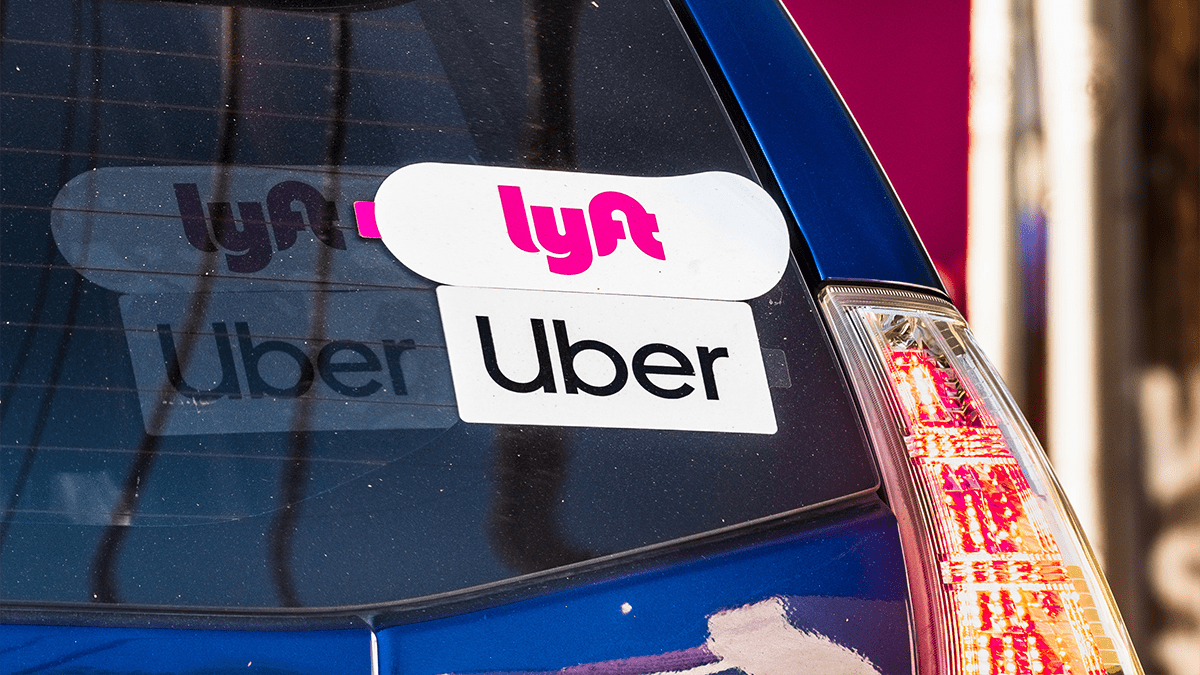A summary of the list of recommendations on the implementation of the OBBBA in Colorado regarding public benefits systems and work requirements.
Recent articles
CCLP testifies in support of Colorado’s AI Sunshine Act
Charles Brennan provided testimony in support of Senate Bill 25B-004, Increase Transparency for Algorithmic Systems, during the 2025 Special Session. CCLP is in support of SB25B-004.
Coloradans launch 2026 ballot push for graduated state income tax
New ballot measure proposals would cut taxes for 98 percent of Coloradans, raise revenue to address budget crisis.
CCLP statement on the executive order and Colorado’s endless budget catastrophe
Coloradans deserve better than the artificial budget crisis that led to today's crippling cuts by Governor Jared Polis.
CCLP testifies in support of protections for DNC drivers

On Thursday, February 29, 2024, Charles Brennan, CCLP’s Income and Housing Policy Director, provided testimony to the House Business Affairs and Labor Committee in support of House Bill 24-1129, Protections for Delivery Network Company Drivers. CCLP is in support of HB24-1129.
Madam Chair and Members of the Committee,
My name is Charles Brennan, the Income and Housing Policy Director for the Colorado Center on Law and Policy. I am here today to speak in support of HB24-1129, a crucial bill for delivery network company (DNC) drivers.
The rising cost of living in our state is a pressing concern for all Coloradans. Expenses have outpaced the growth in wages over the past 20 years. Despite being at the peak of our recovery following the Great Recession, 25% of households in Colorado struggled to make ends meet in 2019[1]—a figure that has likely worsened since.
And costs are high for families. For instance, a family with one adult and two young children would need to earn at the very least $40.46 per hour working full time to meet the needs of the family in 2022, yet just two of the top ten most common occupations in the Denver metro area, based on employment, would have paid this parent a living wage. The median wage in 2022 was approximately $24.51 per hour across all jobs in the Denver areas included in government statistics.[2]
However, there is one group of workers we don’t know much about from government statistics: gig workers, like those who drive for DNCs. They are often not included in employment, wage, and other labor market statistics, leaving workers and advocates in the dark about the pay and working conditions of a growing share of our labor force.
A 2022 report by Colorado Jobs with Justice and Colorado Independent Drivers United found that the Denver-based drivers working for Door Dash earned a wage equivalent to $1.23 per hour after accounting for deadtime on the app and their personal expenses. Across all three of the platforms included in the study (DoorDash, Uber, and Lyft), the median driver took home $5.49 per hour. The median driver across all three apps, despite working full-time hours, fell far below the state’s minimum wage, leaving drivers who rely on this work as their primary source of income with very little to cover their own basic expenses, let alone support dependents (as many drivers do).[3]
HB24-1129 offers drivers with the transparency and stability they need to be able to budget for them and their family’s needs. By mandating reporting on earnings and expenses, and outlining clear deactivation policies, the bill empowers drivers with crucial information for financial planning and protects them from a sudden, unexpected loss of income.
HB24-1129 is a vital step towards ensuring fair treatment and economic security for DNC drivers and we urge your support for this bill. Thank you for your time and consideration.
Sincerely,
Charles Brennan
Income and Housing Policy Director
Colorado Center on Law and Policy
Update 5/4/2024: HB24-1129 passed the House and Senate and is onto signatures!
**********
[1] https://copolicy.org/resource/overlooked-and-undercounted-2022/
[2] https://copolicy.org/wp-content/uploads/2022/11/CO22_SSS.pdf
[3] http://www.cojwj.org/uploads/2/4/6/1/24613827/cjwj_white_paper_rd4.pdf
